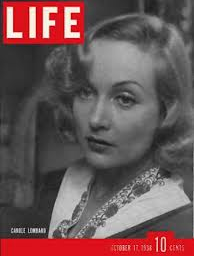
By Lara Gabrielle Fowler
San Francisco’s Castro Theatre was packed last night, full of excited patrons who came to the theatre for the opening feature of the internationally renowned San Francisco Silent Film Festival. The festival is known for encouraging quality restorations of silent films, and last night’s presentation was Prix de beauté, a recently restored French film made in 1929 and starring American actress Louise Brooks.
1929 was an important year in cinema history. Though sound technology had been officially introduced into film in 1927, theater owners were at first reluctant to renovate their theaters to accommodate this new technology, as the appeal was thought to be fleeting and the expense of theater renovation could not be justified. By 1929, however, the novelty of sound films were continuing to capture the public’s attention, and many studios were beginning to film exclusively in sound to respond to the increasing public demand and the sky-high revenue sound films brought in. Despite the many benefits of switching to sound technology, many small-town theaters still could not afford to renovate their theaters and in recognition of this, many films were shot twice–once with sound, and once without to accommodate those theaters that had not yet switched to the new technology.
Such was the case with Prix de beauté. The silent version was made first, and the sound version premiered one year later with the voice of Louise Brooks dubbed into French. The sound version is much better known and more widely seen today, but last night the San Francisco Silent Film Festival presented the silent version that was recently restored by the Cineteca de Bologna.

Lucienne Fournier is the happily married wife of Andre, a printing press operator, living in the beach community of San Sebastien. When she hears that there is to be a beauty contest to choose “Miss France,” who will ultimately compete in the Miss Europe competition, she jumps at the opportunity despite her husband’s disdain for beauty contests. She secretly applies, and to her great surprise she ends up winning the competition. To compete in the “Miss Europe” pageant, she has to travel to Spain immediately without having the opportunity to break the news to her husband. When he finds out, he rushes to the train but Lucienne has already departed.
In Spain, Lucienne receives wild audience applause and hence is crowned “Miss Europe.” She receives many admirers, including a maharajah and a Russian prince named Prince Grabovsky, and is tempted by a rich and luxurious life. André finally shows up and gives her an ultimatum–return to France with him, or accept that their marriage is over. She makes the difficult decision to return to her husband and renounce her life as Miss Europe.

Lucienne is courted by the maharajah.
Back in France, Lucienne is miserable. She loves her husband, but feels restricted by life as a housewife. She becomes very depressed, but brightens when autograph requests come from people seeking a souvenir from Miss Europe. André is angered by the photos that come in the mail, and rips them up. “I hope to never hear about Miss Europe again,” read the intertitles. “Understood??” Lucienne breaks down in tears, and André is wracked by guilt. He begins to cry too, cuddles up to her, and they comfort each other.
Later, Prince Grabovsky tracks Lucienne down, offering her a contract for sound films. Recalling her earlier confrontation with her husband, she refuses it to Grabovsky’s face but still keeps the contract. Feeling temptation of which she knew her husband would not approve, Lucienne rips up the contract. She immediately regrets it and that night, she stares for a long time at the ripped pieces. She reflects for a long time, and ultimately writes the sleeping André a note telling him it is over between them. She emphasizes how much she loves him, but she take this contract. She leaves the house forever, signs the contract, and makes a screen test with Phonofilm.
When André wakes up she is gone. He reads the note and tracks her down at the Phonofilm company, where Lucienne is in the screening room watching her screen test. In his anger, he pulls out a gun and shoots Lucienne. As she lies dying, we hear her voice singing in the screen test.

Lucienne smiles as she watches her screen test.
I wasn’t sure what to expect with this movie. I had never seen the sound version, and I was half expecting a happy ending, as much of the movie is quite cheery. But instead the ending was a bit of a shock, and the viewer is left with a feeling of the fleeting nature of life. A woman who had so much in front of her is shot dead while watching her future unfold. One is also left with some questions unanswered, as we never know what happens to André, and we are reminded that a woman was very much at the mercy of her husband, in every way, during this era. One thing I noticed in this movie was the contrast between the opening scene and the ending scene. The movie begins on a sunny San Sebastien beach, where children are playing and adults laughing and talking with each other. We are set up for a happy movie, and we have every reason to believe that the characters will unfold that way. Instead, the movie ends in the dark, with a gruesome murder of one of those laughing, happy characters on the beach lying dead in a screening room. Very interesting film.
Today’s lineup consists of Amazing Tales from the Archives, The First Born, Tokyo Chorus, The Patsy, and The Golden Clown. I’ll be back tomorrow with a rundown! In the meantime, be sure to check Twitter, as I will be posting throughout the festival.
See you soon!

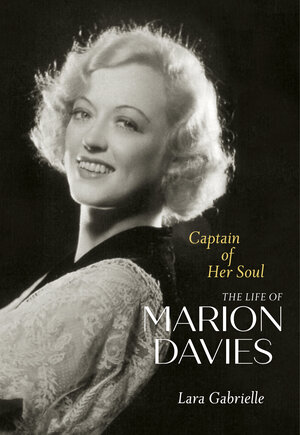















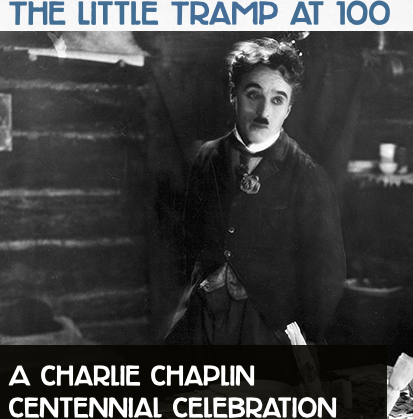
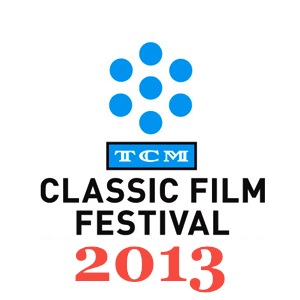
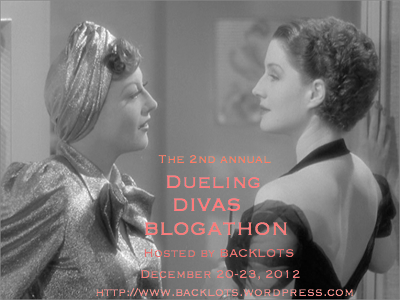







_03.jpg)
